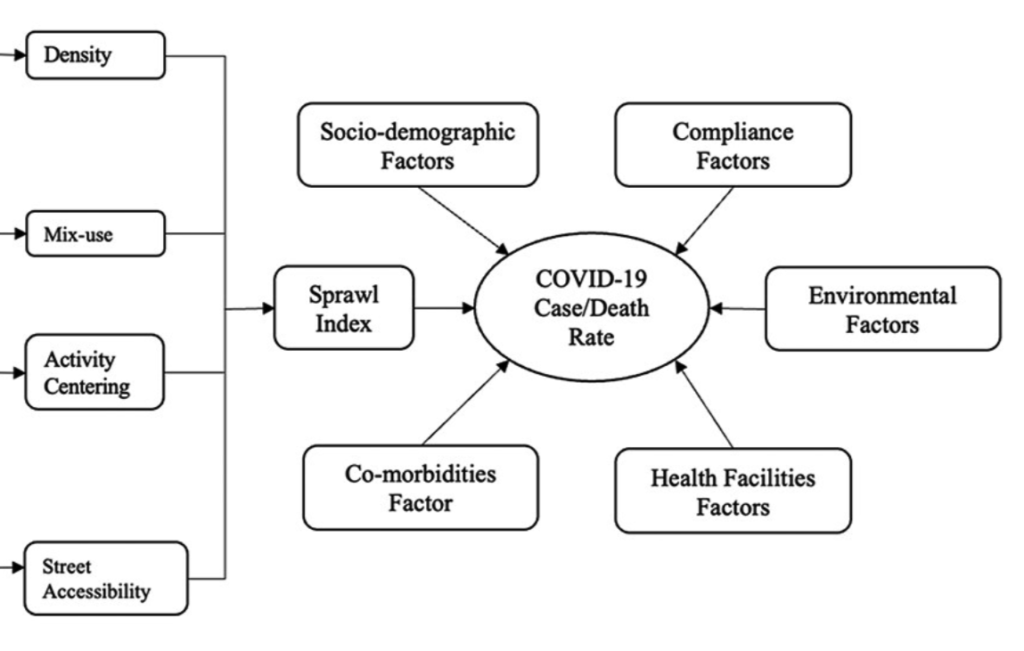City Know-hows

This paper explores the relationship between parents’ sense of belonging and their children’s independent mobility. We found that parental satisfaction with their living environment can be influenced by their sense of belonging, ultimately creating a community with more independent children.
Share
Target audience
City planners, Urban designers and Public health authorities plus their practitioners
The problem
Various factors determine the ability of children to roam independently. Reviewing previous studies, we found past research has mainly focused on the impact of the physical environment on children’s independent mobility. However, giving attention to how social issues and individuals’ perceptions affect a child’s independent mobility is essential.
What we did and why
To evaluate the role of parents’ sense of belonging as social capital in children’s independent mobility, we assessed their correlation considering parents’ neighborhood satisfaction as a mediator.
Our study’s contribution
We evaluated the direct and indirect effects of parents’ sense of belonging and children’s independent mobility license. The results indicated:
• Sense of belonging did not have a direct impact on children’s independent mobility license.
• Sense of belonging could indirectly affect children’s independent mobility license by affecting parents’ perceptions regarding their living environment.
• Parents’ age and sex and their length of residency affected their sense of belonging.
• Children’s sex and age affected children’s independent mobility license.We found a positive correlation between parents’ sense of belonging and neighborhood satisfaction, leading to increased children’s independent mobility license. In this regard, policymakers should take specific actions:
• Creating public spaces that are welcoming and encourage social interaction
• Taking into account how parents perceive their neighborhoods when implementing policies
• Considering residents’ social and cultural norms in the planning process
Impacts for city policy and practice
We found a positive correlation between parents’ sense of belonging and neighborhood satisfaction, leading to increased children’s independent mobility license. In this regard, policymakers should take specific actions:
• Creating public spaces that are welcoming and encourage social interaction
• Taking into account how parents perceive their neighborhoods when implementing policies
• Considering residents’ social and cultural norms in the planning process
Further information
Outdoorplay Canada: for case studies
CLIMB (Children’s independent mobility): for supportive actions
Full research article:
Sense of belonging, neighborhood satisfaction, and children’s independent mobility license: a case study of Qom, Iran by Milad Asadi and Nasrin Heidari-Ghezeljeh.
Related posts

Looking into an urban transformation of a low-income settlement in Maputo, Mozambique, through the behaviours and experiences of pedestrians, shows that physical interventions to the walking environment contribute to the ability of diverse individuals to exercise their Right to the City.

Compactness level urban areas have different health related outcomes during COVID-19.

Community well-being is acknowledged as being ‘greater than the sum of its parts’. Our paper identifies current gaps in Community well-being assessments and recommends participatory mixed methods.